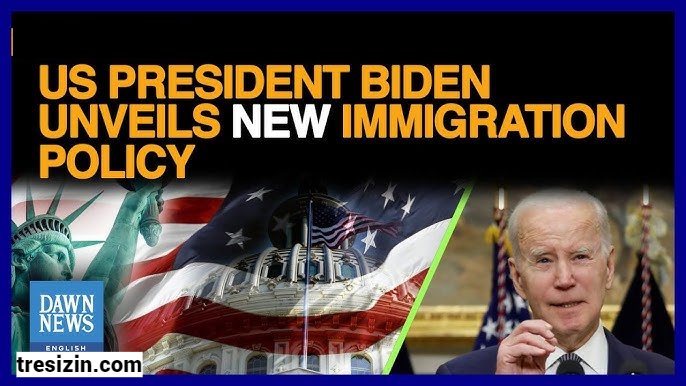Immigration Policies Under Joe Biden
Since taking office in January 2021 to 2024, President Joe Biden has made significant changes to U.S. immigration policies, reversing many of the measures implemented by his predecessor, Donald Trump. Here are some key aspects and actions of Biden’s immigration policies:
1. Reversing Trump’s Policies
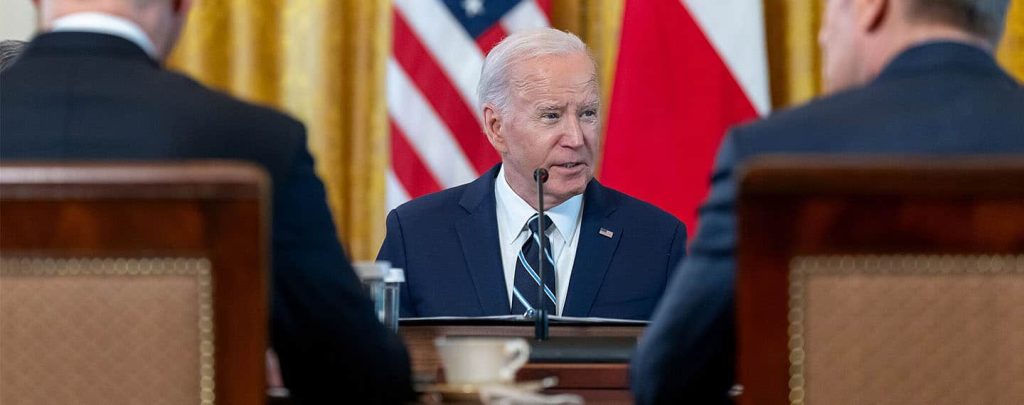
- End of the Travel Ban: One of Biden’s first actions was to lift the travel bans that restricted entry from several predominantly Muslim countries, which the Trump administration instituted.
- DACA: Biden has taken steps to strengthen the Deferred Action for Childhood Arrivals (DACA) program, which provides protection from deportation and work permits to undocumented immigrants brought to the U.S. as children.
- Border Wall: The Biden administration halted the construction of the U.S.-Mexico border wall, redirecting funds to other areas.
2. Pathway to Citizenship
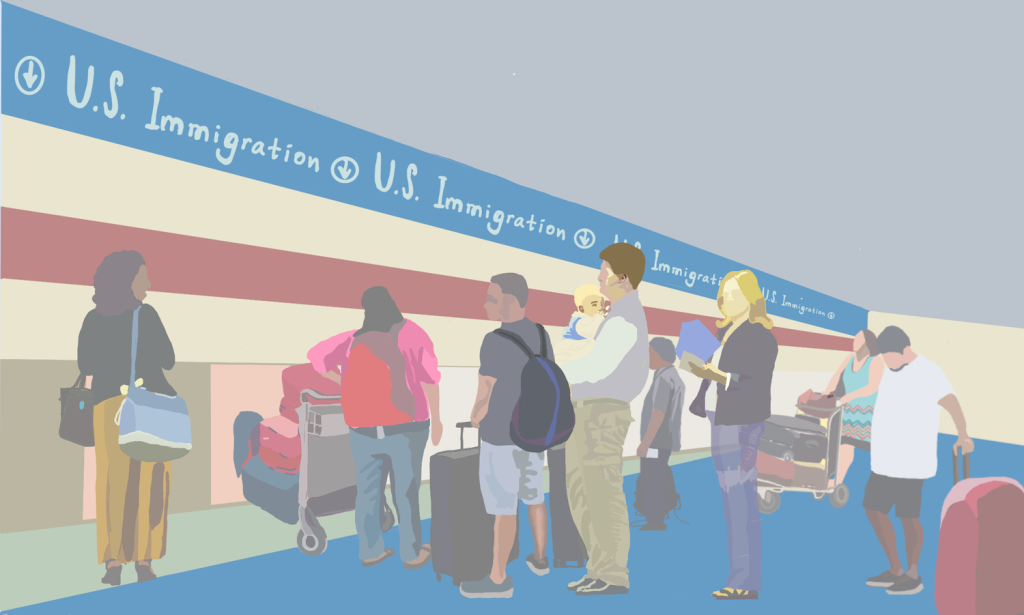
- U.S. Citizenship Act of 2021: Biden proposed this comprehensive immigration reform bill, which includes an eight-year pathway to citizenship for the estimated 11 million undocumented immigrants living in the U.S. It also contains provisions to address the root causes of migration, especially from Central America.
3. Refugee Admissions
- Increased Cap: Biden raised the refugee admissions cap from the historically low levels set by Trump. For the fiscal year 2022, the administration set a target of admitting 125,000 refugees.
4. Family Reunification
- Task Force on Family Reunification: Biden established a task force to reunite families separated at the border under the Trump administration’s “zero tolerance” policy. This task force works to locate separated children and reunite them with their families.
5. Temporary Protected Status (TPS)
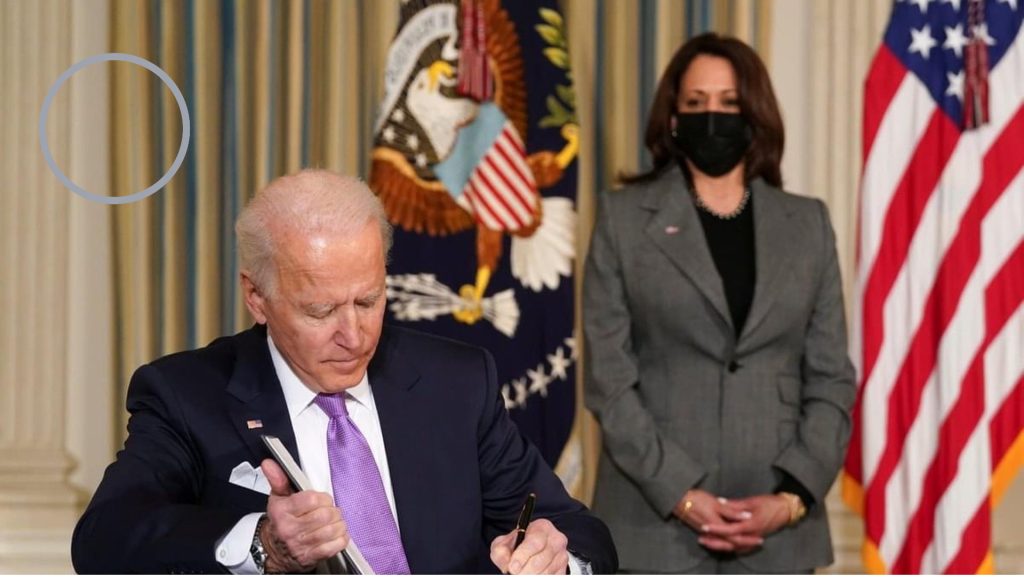
- Extensions and New Designations: The Biden administration has extended TPS for nationals from several countries facing ongoing armed conflict, environmental disasters, or other extraordinary conditions, and has designated new countries for TPS eligibility.
6. Asylum Policies
- Migrant Protection Protocols (MPP): Biden ended the “Remain in Mexico” policy, which required asylum seekers to wait in Mexico while their cases were processed in the U.S. However, court challenges have complicated the full termination of this policy.
- Processing at the Border: Efforts have been made to streamline and humanize the processing of asylum seekers at the southern border, including expanding facilities and improving conditions.
7. Work Visas and Immigration Enforcement
- H-1B Visa Program: Biden has supported the H-1B visa program, which allows U.S. companies to employ foreign workers in specialty occupations. He has also indicated plans to reform the system to prevent abuses and ensure fairness.
- ICE Enforcement Priorities: The administration has shifted the focus of Immigration and Customs Enforcement (ICE) to target individuals who pose a threat to national security, public safety, and border security, rather than indiscriminately targeting undocumented immigrants.
Challenges and Criticisms
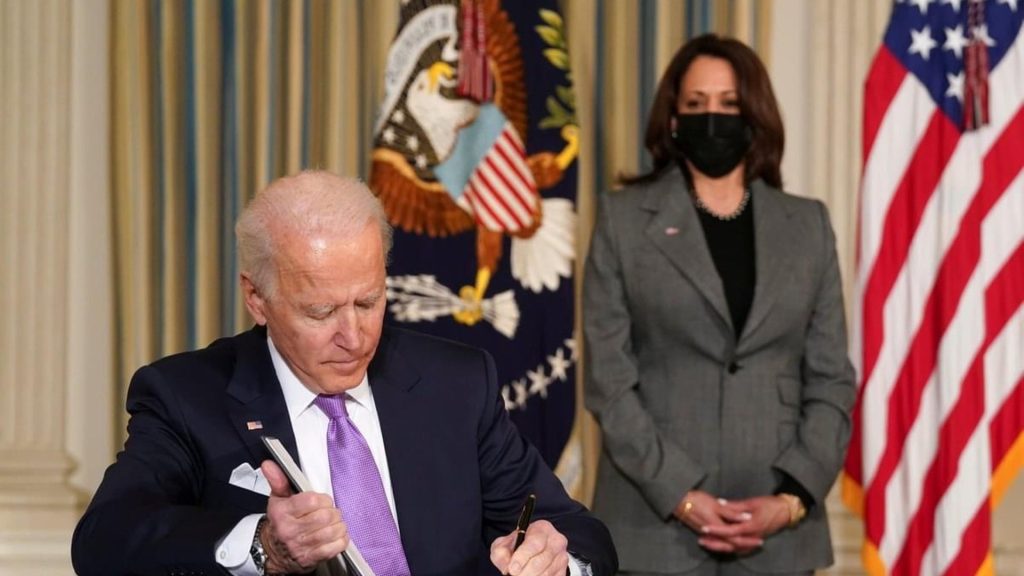
Biden’s immigration policies have faced challenges and criticisms from various sides:
- Humanitarian Concerns: Some advocacy groups argue that the administration has not moved quickly enough to address humanitarian concerns at the border.
- Political Opposition: Republicans and other critics argue that Biden’s policies could lead to increased illegal immigration and compromise border security.
- Logistical Hurdles: Implementing these changes and reversing previous policies has proven to be logistically complex, leading to delays and mixed results. To Learn More visit Seeking Refuge: The Safe Journey of Asylum Seekers to Europe in 2024
Conclusion
President Joe Biden’s immigration policies represent a significant shift from the restrictive measures of the previous administration, focusing on more humane and comprehensive reforms. However, the administration continues to navigate political, legal, and logistical challenges as it seeks to implement these changes.
For further information, you can refer to sources like The White House and BBC.
TPS countries
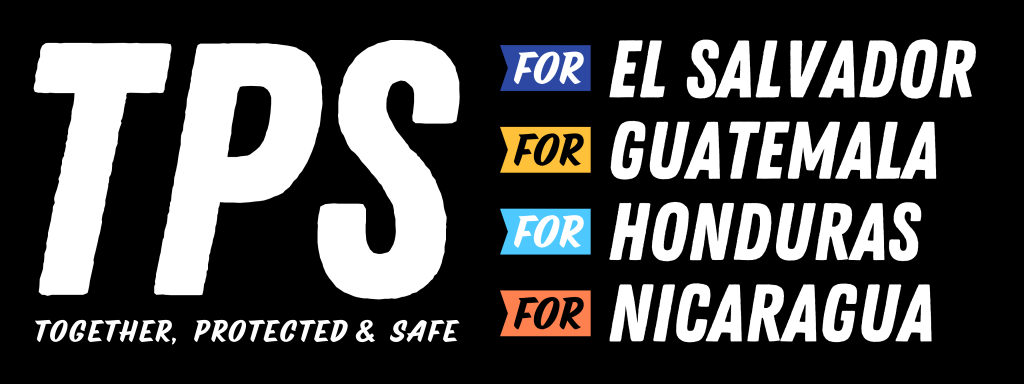
Temporary Protected Status (TPS) is a designation by the U.S. Department of Homeland Security that allows nationals from certain countries to remain in the United States due to conditions in their home countries that temporarily prevent them from returning safely. These conditions can include ongoing armed conflict, environmental disasters, or other extraordinary and temporary conditions.
Current TPS Designated Countries (as of 2024)
- El Salvador
- Reason for Designation: Ongoing violence and environmental disasters.
- First Designated: March 9, 2001.
- Haiti
- Reason for Designation: Ongoing recovery from the 2010 earthquake and subsequent natural disasters, political instability, and human rights abuses.
- First Designated: January 21, 2010.
- Honduras
- Reason for Designation: Devastation caused by Hurricane Mitch in 1998 and ongoing challenges including violence and environmental issues.
- First Designated: January 5, 1999.
- Nepal
- Reason for Designation: The aftermath of the 2015 earthquake and subsequent rebuilding challenges.
- First Designated: June 24, 2015.
- Nicaragua
- Reason for Designation: The impact of Hurricane Mitch in 1998 and subsequent issues including socio-political crises.
- First Designated: January 5, 1999.
- Somalia
- Reason for Designation: Ongoing armed conflict and humanitarian crises.
- First Designated: September 16, 1991.
- South Sudan
- Reason for Designation: Ongoing armed conflict and humanitarian crises.
- First Designated: November 3, 2011.
- Sudan
- Reason for Designation: Ongoing armed conflict and humanitarian crises.
- First Designated: November 4, 1997.
- Syria
- Reason for Designation: Ongoing armed conflict and humanitarian crises.
- First Designated: March 29, 2012.
- Venezuela
- Reason for Designation: Severe economic crisis and humanitarian issues.
- First Designated: March 9, 2021.
- Yemen
- Reason for Designation: Ongoing armed conflict and humanitarian crises.
- First Designated: September 3, 2015.
- Myanmar (Burma)
- Reason for Designation: Human rights abuses and political instability following the military coup.
- First Designated: March 12, 2021.
Recent Extensions and Redesignations
- Haiti and El Salvador: Both countries have had their TPS status extended multiple times due to ongoing issues.
- Venezuela and Myanmar: Recently added due to severe political and economic instability.
Benefits and Limitations of TPS
Benefits
- Work Authorization: TPS holders are eligible for employment authorization documents (EAD).
- Protection from Deportation: TPS holders are protected from deportation for the duration of the designation.
Limitations
- Temporary Status: TPS does not lead to permanent resident status or citizenship.
- Renewal Required: TPS status must be renewed periodically, and the designation can be terminated.
Conclusion
TPS provides crucial relief for individuals from countries facing extraordinary challenges, allowing them to live and work in the U.S. temporarily. However, it is a temporary status and does not provide a path to permanent residency.
For more detailed and updated information on TPS designations, you can visit the U.S. Citizenship and Immigration Services (USCIS) website and the Department of Homeland Security (DHS) website.

